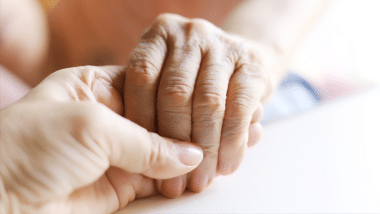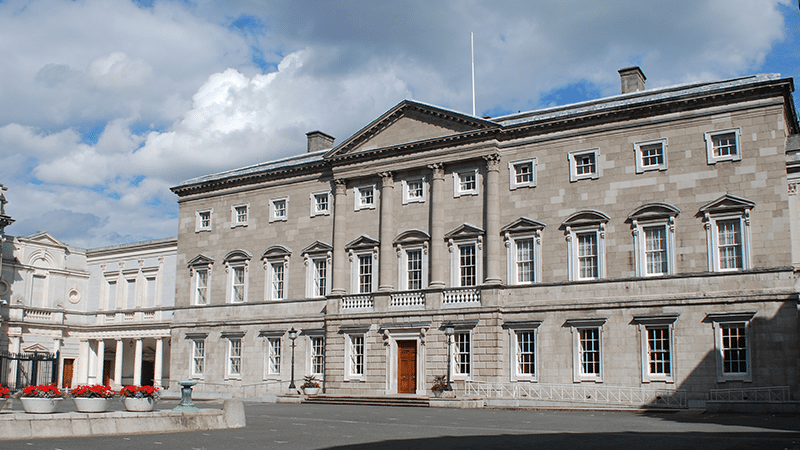People who wish to die need psychiatric support not State-sponsored suicide, an Oireachtas committee has been told.
Representatives from the College of Psychiatrists of Ireland added their voices to last month’s call from doctors urging parliamentarians to pursue excellence in end-of-life care rather than legalise assisted suicide.
In a strongly worded statement to the Oireachtas Joint Committee on Assisted Dying, consultant psychiatrists Dr Siobhán McHale, Dr Eric Kelleher and Dr Anita Ambikapathy outlined College opposition to a change in the law.
‘Challenging journeys’
Dr McHale accepted that a minority of patients “are not receiving the optimal level of specialist palliative care and psychosocial support” they need.
However, she continued, the “answer to this is not to end our patients’ lives” but rather “to provide the appropriate evidence-based interventions”.
She argued: “Addressing these deficiencies is the necessary next step, not to enable ending the lives of terminally ill people as a way to avoid these challenges”.Our College believes there is another way, and that Ireland can bring great leadership for others to follow.
Alternatives
The Dublin-based psychiatrist said: “as psychiatrists we believe it is not possible to clearly differentiate between suicidal patients and patients who request assisted dying”.
The core of their work, she explained, was to help suicidal people, whether people in crisis in emergency departments, or those with life-limiting conditions on hospital wards.
“We also engage and support these patients to find ways to alleviate their present suffering or fear of future suffering, including those patients who cannot see any alternative to ending their lives.
“This can only happen if patients and their families have access to good quality palliative care, mental health, social work and disability services.”
Future lives
Dr McHale said that “one person’s choice of assisted dying” would “impact on another who does not so choose”.
For, she contended, “the introduction of assisted dying legislation means that every person has to then choose it as a potential option or not for their end-of-life care”.
Thanking the committee for its work, she concluded: “It will take great wisdom and courage to find the balance for not just those who have clearly heard voices, but the unheard voices whispering from the future.
“Our College believes there is another way, and that Ireland can bring great leadership for others to follow.”
Irish doctors
Last month, in evidence given to the Oireachtas Committee on Assisted Dying, the Royal College of Physicians of Ireland (RCPI) stated its complete opposition to the practice.
The RCPI is Ireland’s largest postgraduate medical training body and a professional body for medical doctors with over 11,000 members.
Speaking on behalf of the group, Dr Feargal Twomey, a consultant in palliative medicine, called assisted suicide “contrary to best medical practice”, adding that “the potential harms outweigh the arguments that can be made in favour”.
He also said: “There is a need for more and better palliative care resources, for example, a greater availability of psychiatric services and treatments. We must focus on meeting these needs.”

‘Depressed patients must not be encouraged to die’, top medic warns Oireachtas committee
‘Don’t turn doctors into death givers’, Oireachtas committee warned

